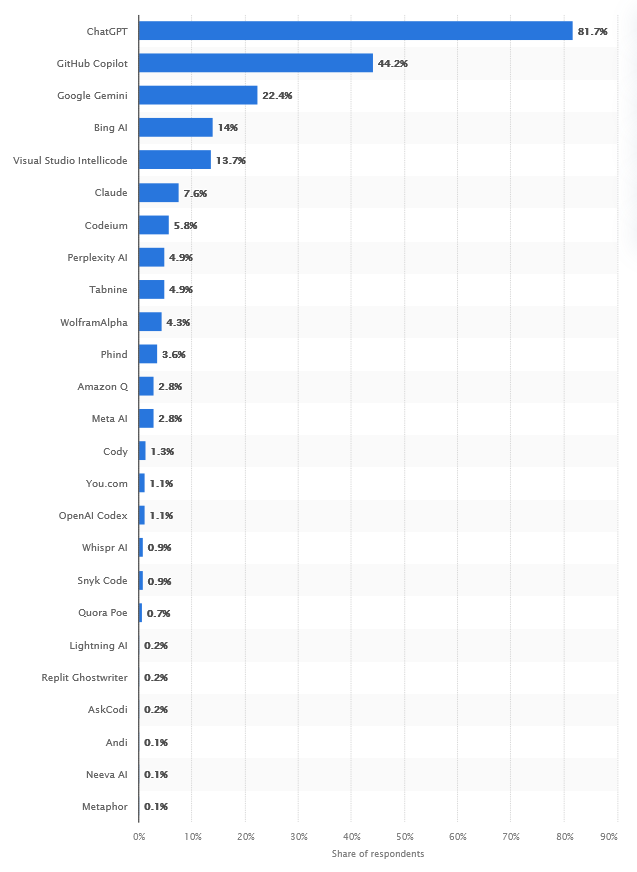Scand
1w
402

Image Credit: Scand
AI-Assisted Software Development: A Comprehensive Guide to Leveraging AI in Your Development Process
- AI-assisted development involves using artificial intelligence technologies to automate routine tasks in software creation, allowing developers to focus on creative solutions and complex technical tasks.
- Examples of AI tools in software development include GitHub Copilot for code suggestions, Tabnine for code autocomplete, SonarQube for code quality analysis, and Testim for automated testing.
- AI in software development offers benefits such as increased productivity, accelerated learning, improved efficiency, better code accuracy, manageable workload, and enhanced team collaboration.
- AI is utilized in different phases of software development, including requirements gathering, design, coding, testing, deployment, and maintenance, enhancing various aspects of the development process.
- Challenges of AI-assisted software development include the need for human control, potential ownership issues of AI-generated code, and the limitations of AI in deeply understanding project nuances and overall architecture.
- Best practices for integrating AI into development processes include starting small, choosing tools based on team needs, maintaining human control, training team members, ensuring security and privacy, and evaluating effectiveness regularly.
- Future trends in AI-assisted software development include AI for code review, designing systems with AI, AI in DevOps, personal developer assistants, generative technologies, and a focus on ethics and transparency.
- AI-assisted software development enhances productivity, code quality, and efficiency, allowing developers to focus on innovation while leveraging AI tools for automation and optimization.
Read Full Article
24 Likes
For uninterrupted reading, download the app